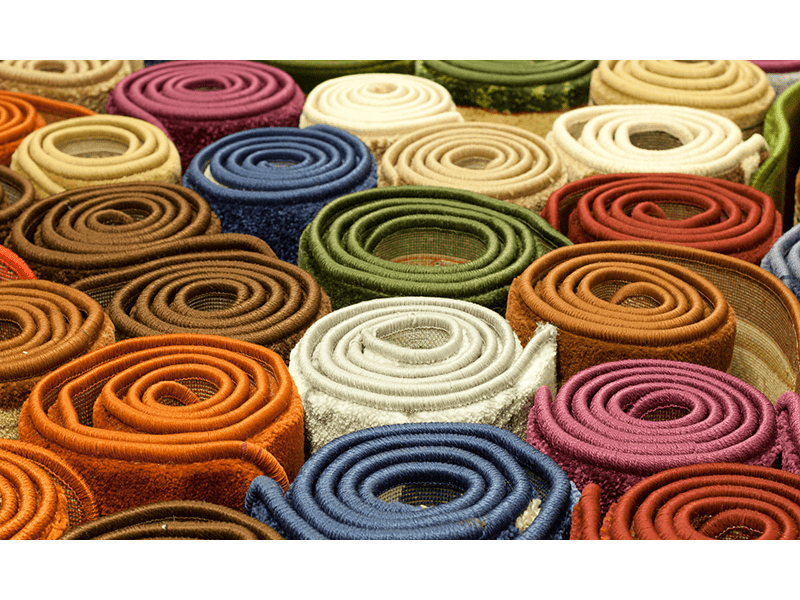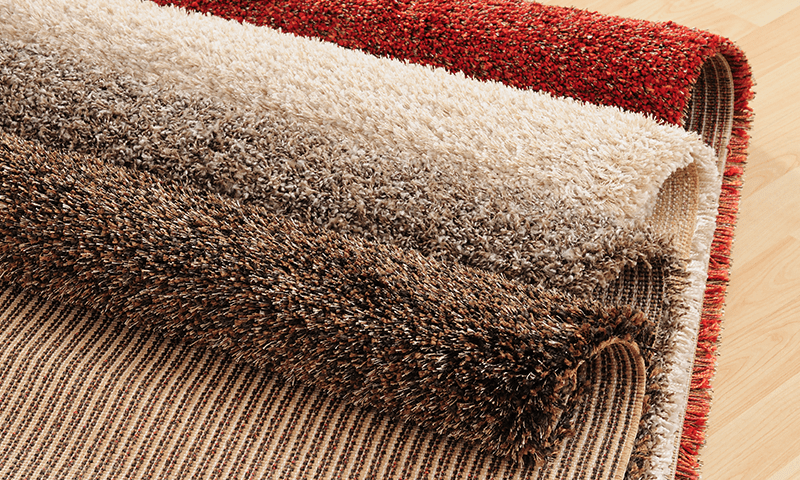
Recyclable carpet has made a sizeable impact on sustainable manufacturing. Since 2002, over 4.5 billion pounds of carpet have been diverted away from landfills. This effort has helped conserve over 13 billion gallons of water and enough electricity to power over half a million homes for a year. And now, by using polyester adhesives in your carpet manufacturing, carpets can be 100% recyclable, opening the door to more opportunities for reuse.
These numbers make it easy to see why creating sustainable carpet is important. However, perhaps you’ve wondered—what happens to your manufactured carpet once it’s been recycled? And, if you make changes to your manufacturing process, how will your efforts make a positive impact?
Materials from carpets have a wide range of applications once they’ve been discarded. Gain insight into the process and advantages of manufacturing recyclable carpets.
WHAT CAN BE MADE FROM RECYCLABLE CARPET?
- New carpet: Carpet pads and tiles made with polyester adhesives can be re-melted and recast. This enables the entire carpet can be easily recycled without having to first separate the various components, creating a low-cost carpet option for residential homes.
- Sound and heat insulation: Fibers from certain types of recyclable carpet can be pulled and blended with other fibers to create insulation materials.
- Energy from waste: Any materials that cannot be recycled still have value. For example, the leftover materials can serve as a fuel replacement for cement kilns.
- Building materials: When the yarn from recycled carpet tiles is removed, the separated bitumen backing can but used in roofing and lumber applications.
- Other applications: This list is just the beginning. Recyclable carpet applications can be found in equestrian surfaces, engineering plastics and much more.

ADVANTAGES OF MANUFACTURING RECYCLABLE CARPETS
Recyclable carpets made with polyester adhesives don’t just benefit the environment. They also provide key advantages to you as the carpet manufacturer.
- Reduced energy consumption: Unlike water-based adhesives, polyester adhesives do not require large ovens to dry. This reduces the amount of heat and energy used during manufacturing processes.
- Reduced carbon footprint: Polyester adhesives also don’t require as much equipment or floor space for manufacturing as water-based adhesives.
Increased efficiency: Water-based adhesives require additional time for the water to evaporate. With polyester adhesives, carpets can be bonded faster.
Switching to polyester adhesives is one small step that allows carpet manufacturers to contribute to a larger environmental effort. Contact a Bostik representative to learn all the ways polyester adhesives can improve your business.
Check out this other relevant content:
